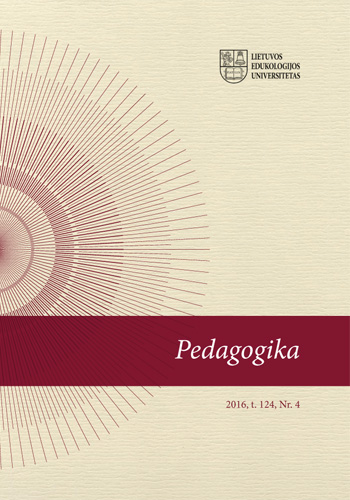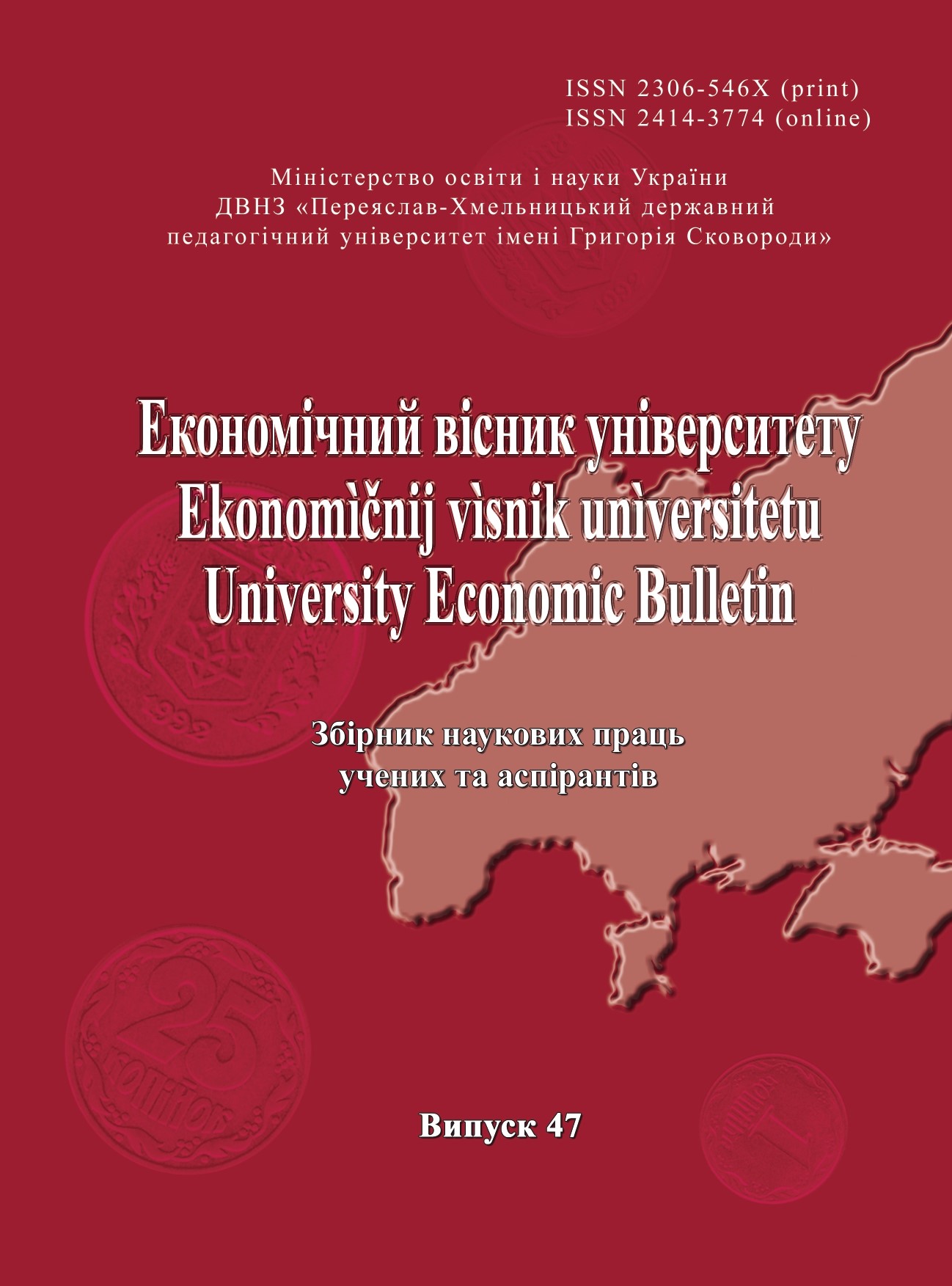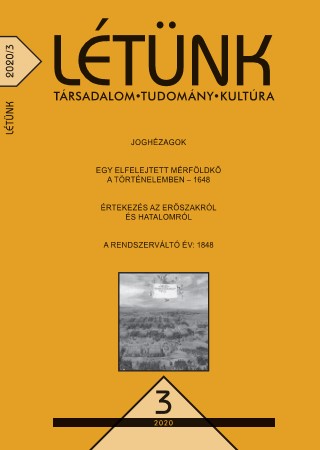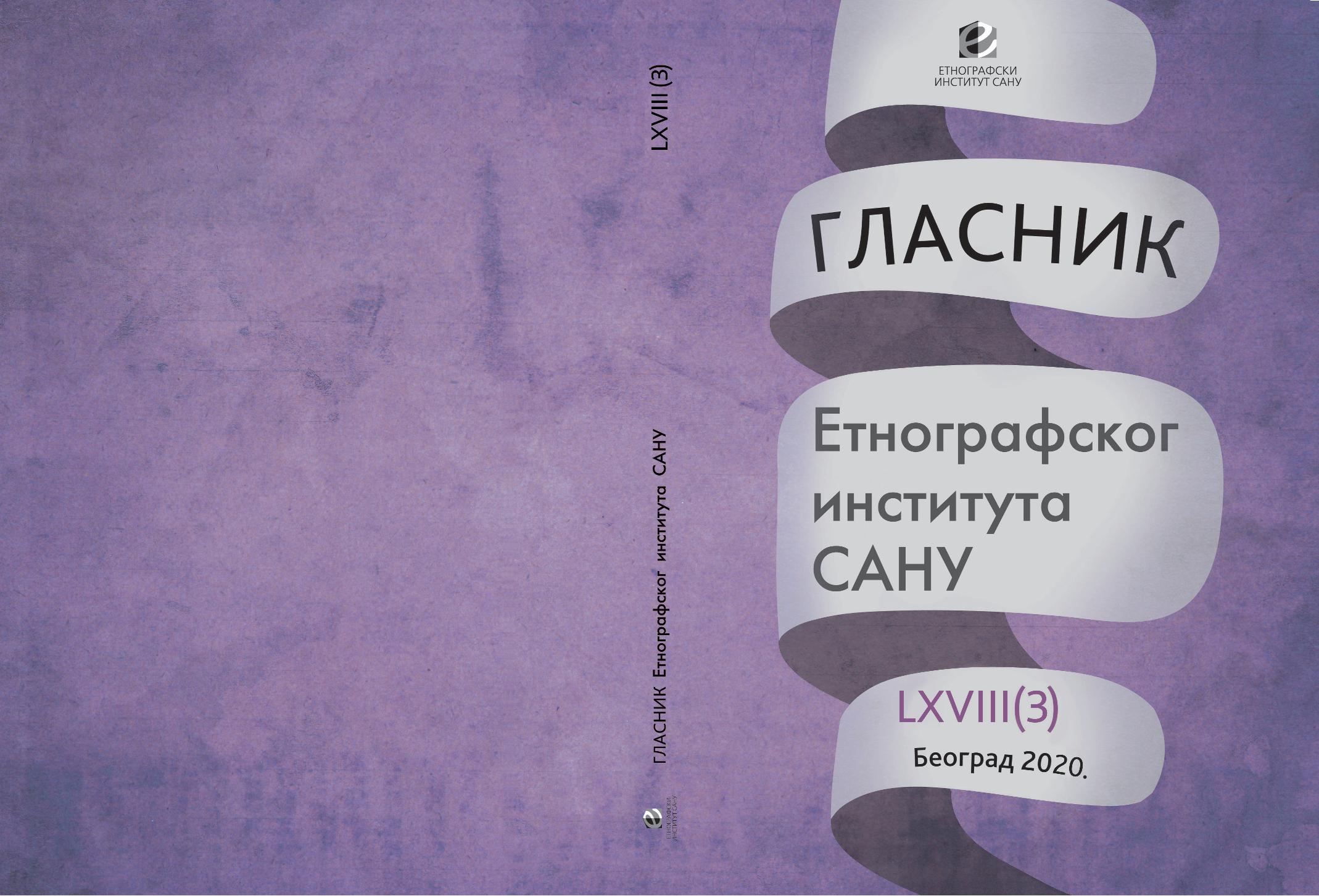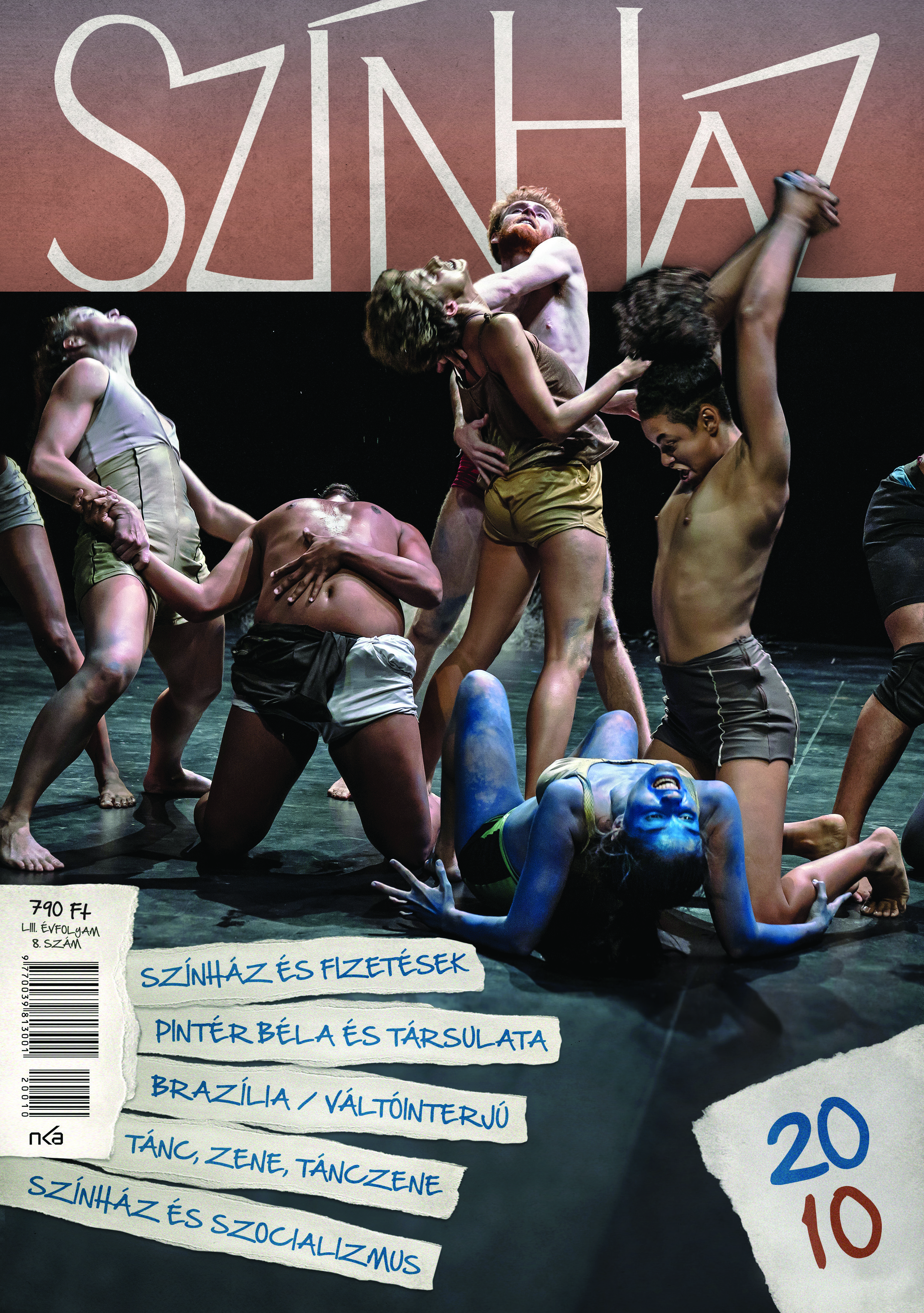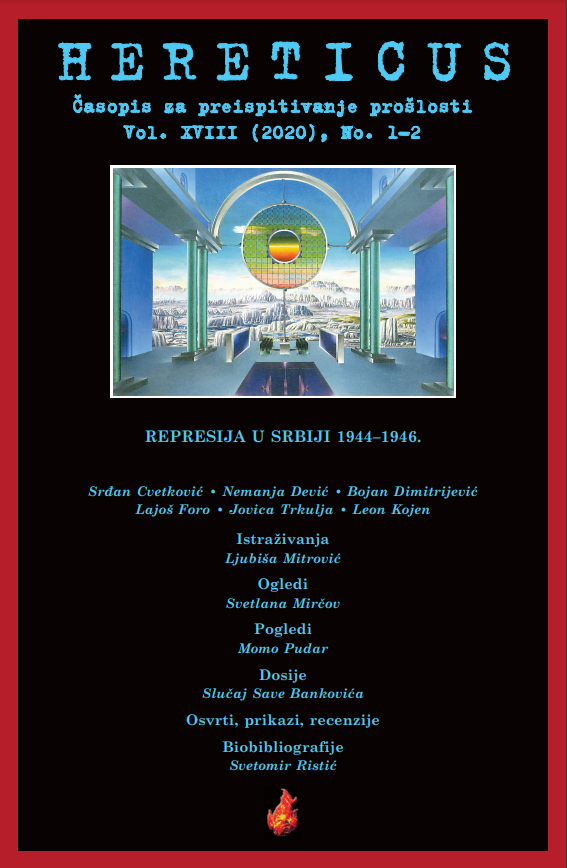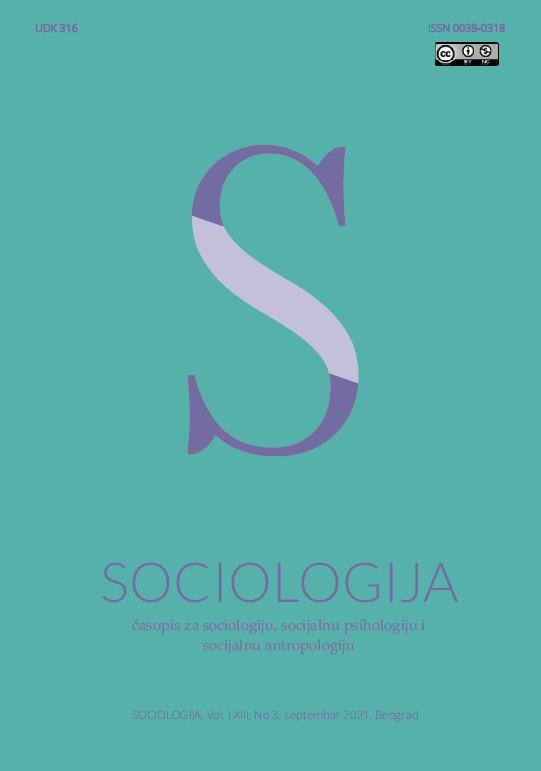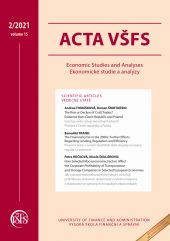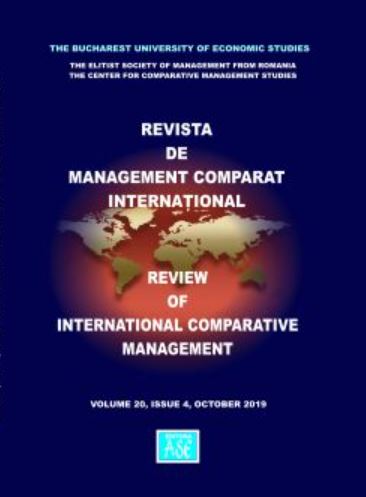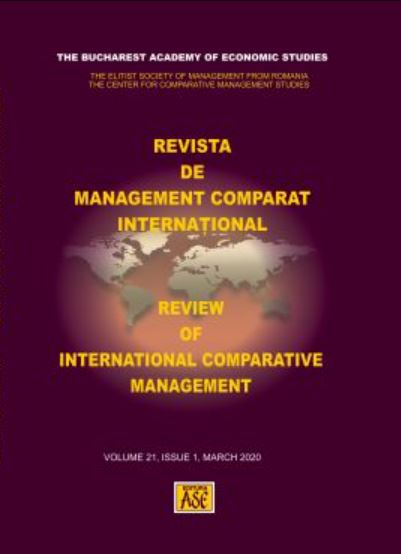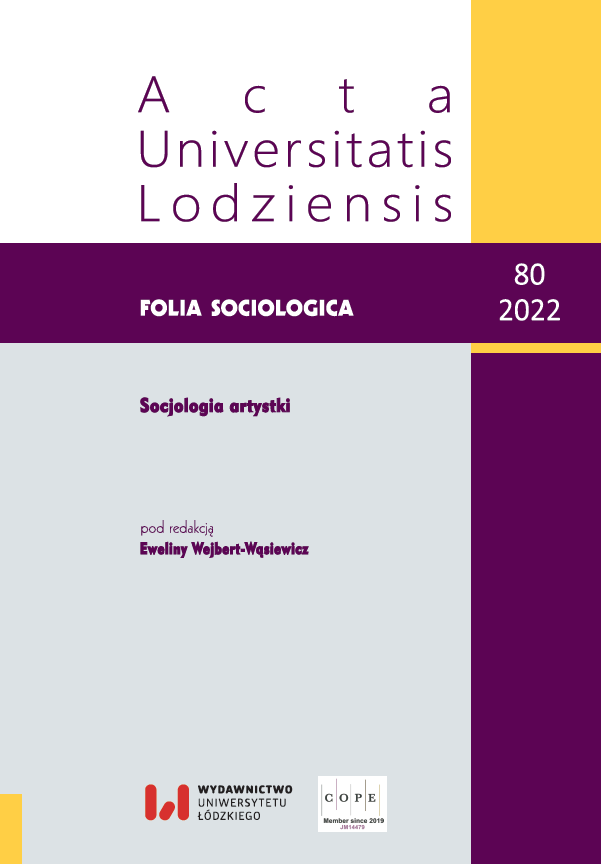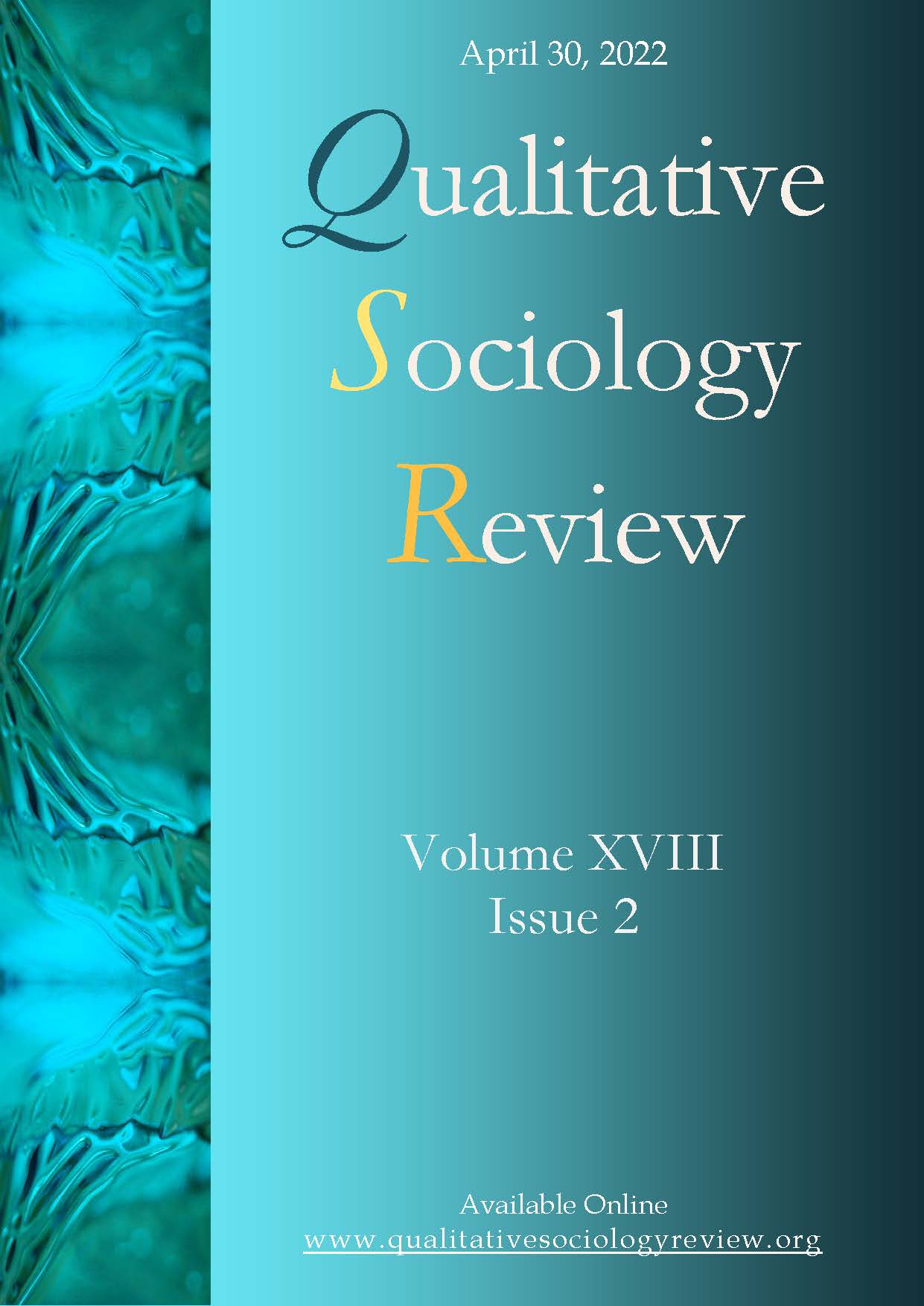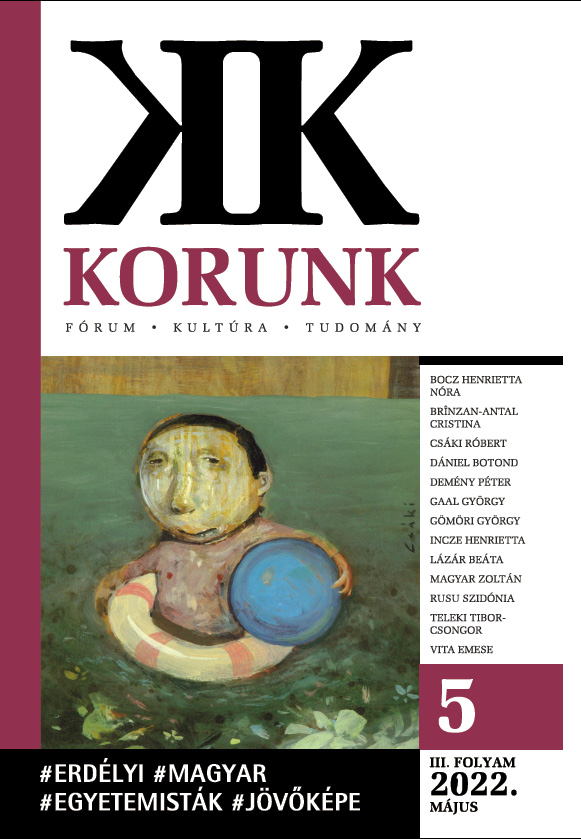Author(s): Alona Haraha / Language(s): Ukrainian
Issue: 47/2020
The subject of the study is the formation of «soft skills» in future service professionals. The purpose of the article is to consider the main determinants of the development of «soft skills» in future service professionals. The task of the research is to analyze the professional training of service specialists, expand the educational and methodological support of tourism specialist training, highlight the essence and main differences of professional training of tourism specialists in different universities of Ukraine, suggest ways to form "soft" skills training. Research methods. The following general and specific scientific research methods were used in the research process: system approach, methods of logical generalization and comparison, scientific abstraction, methods of synthesis, logical generalization and analogies. The methodological basis of the study consisted of scientific works of domestic and foreign scientists and leading experts, analytical materials on the research problem. Results of work. The analysis of professional training of service specialists is carried out, the educational and methodical support of tourism specialist training is expanded, the essence and main differences of professional training of tourism specialists in different universities of Ukraine are highlighted. Field of application of results. The obtained results of the research can be used by the educational departments of the Free Economic Zone of Ukraine to expand educational and professional programs, educational complexes, curricula and work programs. Conclusions. Based on the analysis of the process of professional training of future specialists in the field of tourism, the essence of the concept and its structure, the main methods of developing "soft skills" for students in the field of service were established: independent study of information about models of successful behavior (reading literature, independent study of various materials, trainings); finding feedback – getting feedback from classmates, teachers, mentors and employers about the success of their behavior in terms of developing specific experiences; learning from the experience of others and mentoring – selection and study of models successful behavior of someone who has a high level of development of this competence, work with a mentor; case studies - the study of specific situations with a proposal for optimal solutions; "learning through the development of story lines based on binary thematic oppositions" – Inclusion in the study of the material through its presentation in the form of a story, a story by revealing its emotional and personal significance.
More...
